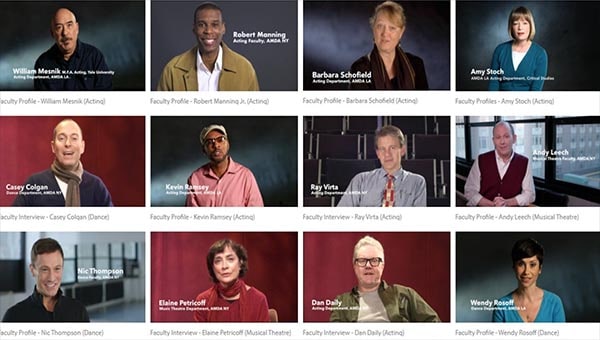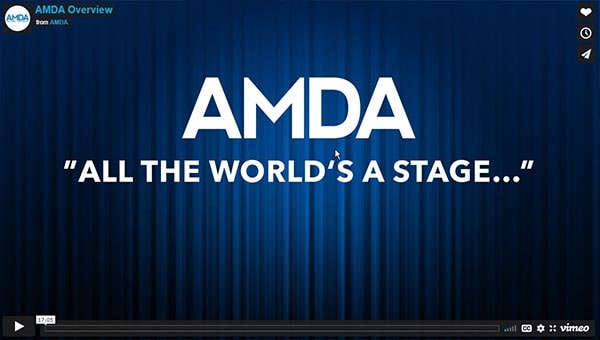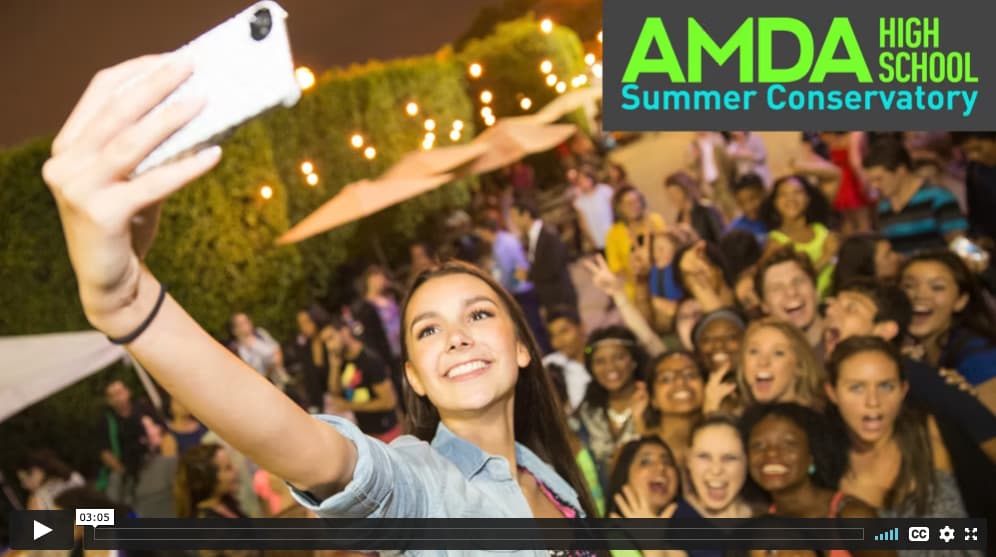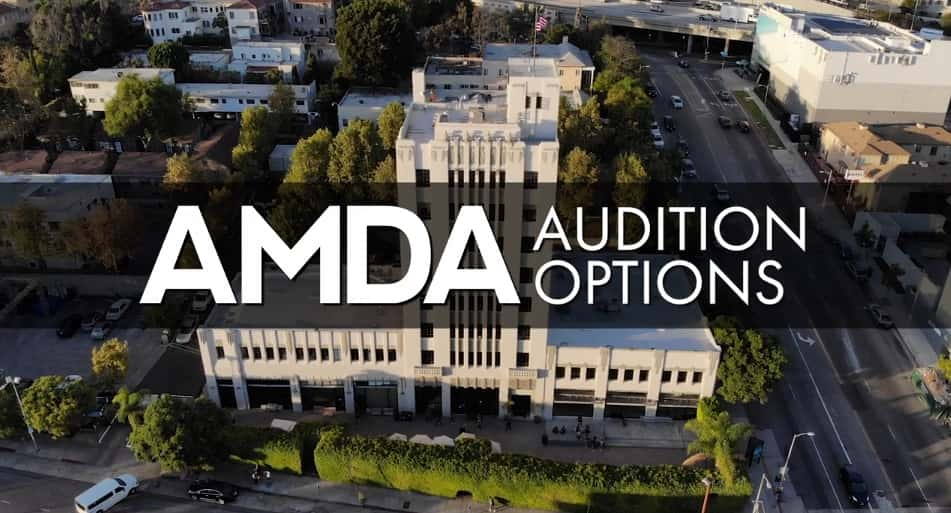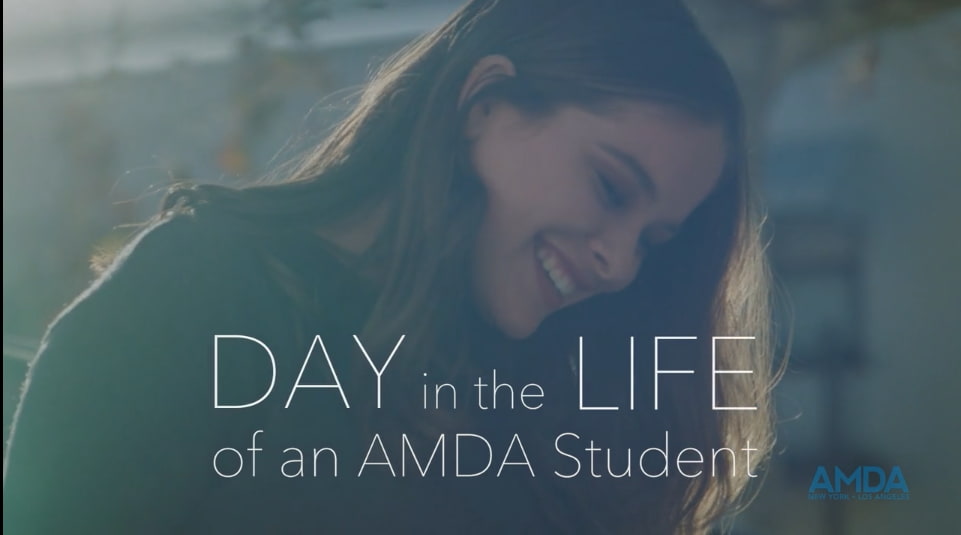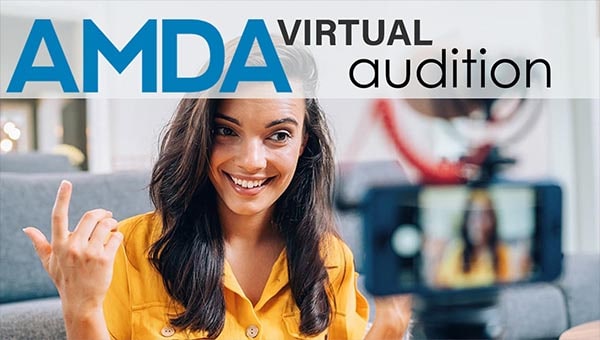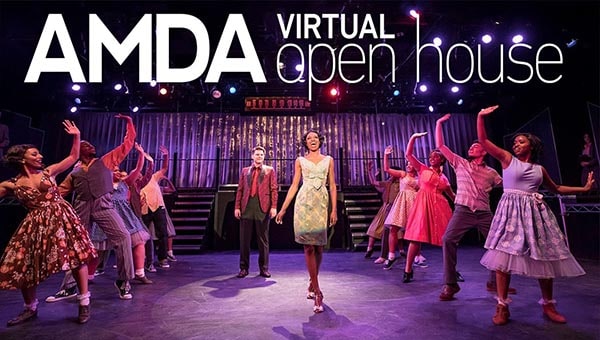Program Description +−
The Bachelor of Fine Arts Degree in Vocal Performance for Commercial Music offers an essential blend of training in contemporary vocal techniques, songwriting, audio and video production, and instrumental studies. The intense, conservatory-style training provides pending grads with a robust set of skills and a deep understanding of Commercial Music. Foundational curriculum includes individual voice instruction, audio recording production, music fundamentals, commercial music appreciation, and vocal fitness and injury prevention. Companion courses in iconic songwriters, vocal improvisation, art as activism, and commercial music video production help students create fully-realized vocal recordings within a variety of performance genres and styles (including but not limited to Pop, R&B, Country, Soul, Rock, Gospel, Hip-Hop, Folk, Latin, Alternative, etc).
Program Learning Outcomes +−
Students completing the BFA Vocal Performance for Commercial Music program should be able to:
-
- As soloist and collaborative performer, demonstrate the tools requisite for creating compelling commercial music vocal performances as a platform of artistic self-expression, including proficiency in pitch, rhythm, vocal techniques, and independence in song performance preparation.
- Demonstrate a working knowledge of sound, recording, and music production technologies, processes, and softwares that are currently utilized in the Commercial Music industry.
- Demonstrate an understanding of the societal, political, cultural, and commercial impact of commercial music vocalists.
- Apply standard Commercial Music industry business practices while utilizing advanced musicianship and musical literacy to lead a professional collaborative music rehearsal.
- Present a professional commercial music media portfolio of vocal performances that acts as an entry-level tool into the industry.
- Analyze, arrange, and notate music.
- Provide collaborative music support as a blended instrumentalist/vocalist.
- Demonstrate the ability to cultivate ideas for recorded vocal performance media from concept to finished product.
- Understand and strategize for optimal vocal health in contemporary commercial singing.








